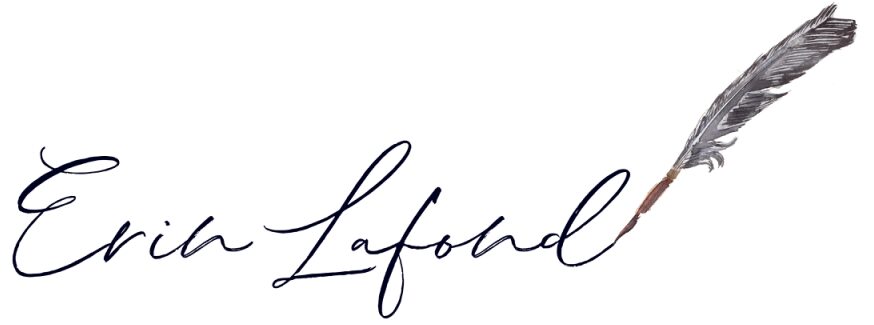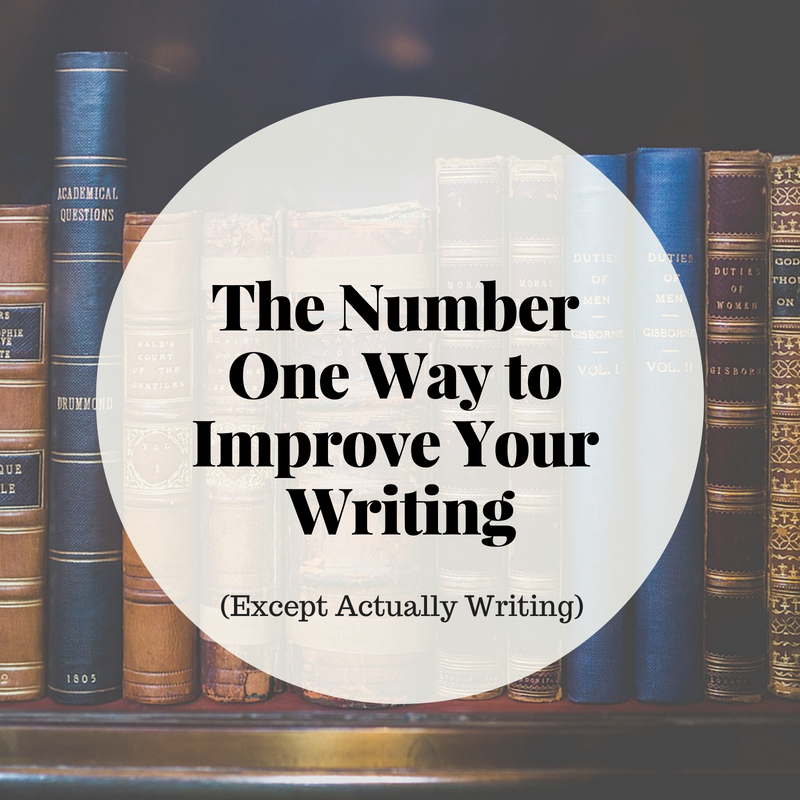The Number One to Improve Your Writing (Except Actually Writing)
Last updated on July 14th, 2022 at 08:55 am
There are many ways to improve your writing such as practice, starting a writing group, and specific exercises. But there is one way to improve your writing that most people talk about but don’t explain how to properly do. Reading is the best method to improve your writing, but you’re shouldn’t just read passively. By reading passively, I mean reading for pleasure. You simply enjoy the story. Reading passively, while potentially more fun and still a learning experience, leaves little room for reading as a writer. Active reading takes practice and involves paying close attention to not only the language the writer is using but how they craft their plot and develop their characters. I’m going to focus on creative writing in this article, but you can absolutely use these tips to improve your writing regardless of type. Here are some tips for active reading as a writer:
- Begin to think of the text as a series of decisions. The writer chose one word over the other. They chose to put this scene ahead of that scene. They wanted you to see this moment where the character does this specific thing. Every tip I have comes back to this crucial idea of seeing the work as a series of choices and figuring out why the writer may have made that choice. Again, this takes a considerable amount of practice and thinking this way does not happen overnight.
- Read a few works by the same author and pay attention to any patterns or themes you see in both the writing and plots. Noticing style can help you to develop your own style.
- Pay attention to specific characters. Why do you like them? Why do you hate them? How does the writer make you like or hate them? What moments do they decide to show? What type of flaws does each character have? Beyond that, why would the writer choose the protagonist’s point of view over someone else’s?
- Break down your favorite sentences. The ones that make you stop and think about how pretty/inspirational/scary they are. Pay close attention to the language the writer is using. Are there any unusual words? Does the language feel separate from the rest of the work somehow? What is the sentence trying to make you feel and how does it achieve that?
- If a particular scene makes you really emotional in some way, read that scene several times. Break down why it makes you feel the way you do. What specifically is the writer doing to make you feel that way? On top of this, look at any fight scene, love scene, etc., and think about how effective that scene is. What makes it effective or ineffective?
- When you find yourself able to picture the story events clearly, think about how the writer is able to do that. What specific details are they providing that make it so clear? Alternatively, if you’re struggling to picture it, what details are you missing?
- This tip comes from a friend of mine, Kelsey Norwood, a Ph.D. student and writing teacher at Boston College. She says, “When you run into a line or section that you like, think about why you like it — is there a particular word that’s doing something weird or interesting? Is a character being portrayed with an unexpected tonal choice?” Additionally, she suggests, “If there’s something that doesn’t sit well with you, think for a second about why and imagine how you would rewrite it to fix that issue.”
- If you’re feeling really ambitious, you can write down each scene or chapter in order and literally look at the text’s construction. If applicable, you can also put the scenes in chronological order if the text has flashbacks or anything, and compare the two orders. Think about why the author might choose to use flashbacks and order their work in this way. Even if it’s already in chronological order, think about why the author started and stopped when they did and chose to show those specific scenes when they could have chosen other ones.
There are multiple reasons to read, even if you’re not doing it actively. The primary reason is that it’s just fun. Reading can help improve your vocabulary on top of improving your memory. But active reading can help you improve your sentence construction and your dialogue. If you’re trying out a new genre, active reading can help you to learn that genre’s conventions and style. It can help you map out your plot and develop your characters. Active reading, or reading as a writer, is the best thing you can do (on top of actually writing).
Whether you’re reading actively or passively, reading should be fun. If you’re finding yourself getting stressed out, take a break and come back later.
Exercise
Pick a scene from your work and rewrite that scene in the style of another writer. Pretend you’re Tolkien, Rowling, or Austen. On top of being a fun, creative exercise, this really forces you to think about that writer’s choices.

